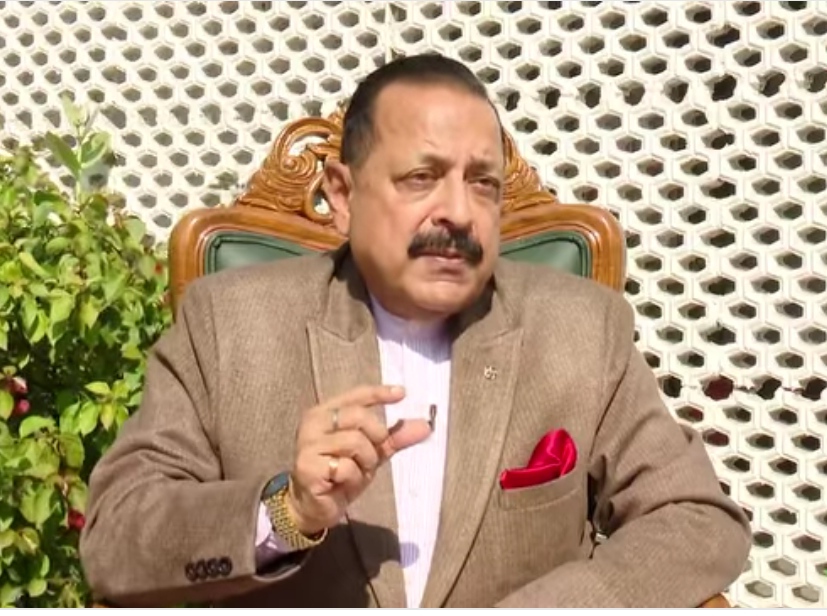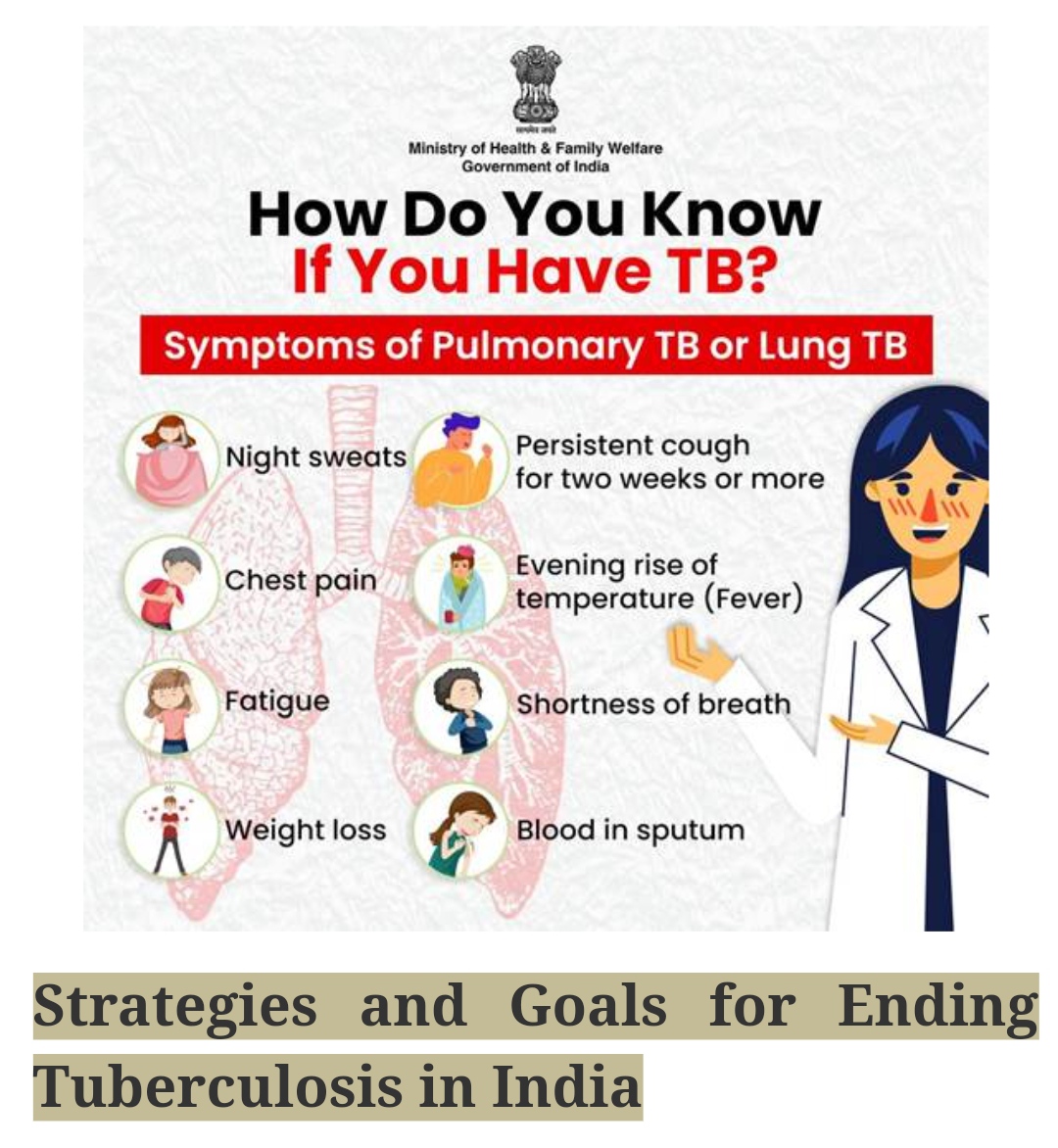Union Minister Dr. Jitendra Singh Announces Landmark “Nuclear Mission” to Revolutionize India’s Energy Landscape.
New Delhi:
Union Minister Dr. Jitendra Singh has hailed the “Nuclear Mission” announced in the Union Budget 2025-26 as a transformative step toward reshaping India’s energy future. The initiative, which aims to establish nuclear power as a central source of energy, is poised to significantly enhance India’s energy security and self-sufficiency, marking a bold leap in the country’s energy landscape.
In an exclusive media interview, Dr. Singh, who holds multiple key portfolios including Minister of State for Science and Technology, Earth Sciences, and the Department of Atomic Energy, highlighted the strategic importance of nuclear energy in ensuring a sustainable and secure energy future for India. He emphasized that the mission would not only strengthen domestic nuclear capabilities but also open the sector to private sector participation, aligning with the government’s broader vision of Aatmanirbhar Bharat (self-reliant India).
As part of the Union Budget 2025-26, the government has allocated a groundbreaking Rs. 20,000 crore towards research and development (R&D) in Small Modular Reactors (SMRs), with the goal of developing at least five indigenously designed operational SMRs by 2033. This initiative is expected to play a crucial role in achieving India’s ambitious target of 100 GW of nuclear power capacity by 2047, a critical step in reducing carbon emissions and ensuring long-term energy sustainability.
Dr. Singh outlined that India’s current nuclear power capacity of 8,180 MW will expand to 22,480 MW by 2031-32, with ten reactors under construction in states like Gujarat, Rajasthan, Tamil Nadu, Haryana, Karnataka, and Madhya Pradesh. Additionally, plans are underway to build ten more reactors, including a major 6 x 1208 MW nuclear power plant in collaboration with the United States at Kovvada, Andhra Pradesh.
A significant milestone was achieved on September 19, 2024, when the Rajasthan Atomic Power Project’s Unit-7 (RAPP-7) successfully reached criticality, marking a key achievement in India’s growing nuclear prowess.
Dr. Singh also emphasized that nuclear energy would play a vital role in India’s commitment to achieving 500 GW of non-fossil fuel-based energy generation by 2030, as per its COP26 pledge. He reiterated that this effort supports Prime Minister Narendra Modi’s vision of achieving net-zero emissions by 2070 and highlighted the importance of a holistic, integrated approach in advancing nuclear technology.
Further, the Minister introduced the BIOe3 Policy, India’s pioneering initiative to drive a biotechnology-driven industrial revolution. The policy aims to foster advancements in bio-manufacturing, bio-foundries, and the circular economy, contributing to economic growth and environmental sustainability. Dr. Singh also discussed the establishment of the Biotechnology Industry Research Assistance Council (BIRAC), which will provide a platform to support biotech startups and collaborations.
In conclusion, Dr. Singh reinforced that the provisions for nuclear power in the Union Budget 2025-26 represent a transformative shift in India’s energy sector. The Nuclear Energy Mission for Viksit Bharat is set to accelerate the development of advanced nuclear technologies, positioning India as a global leader in the sector by 2047 while securing the nation’s energy future.



